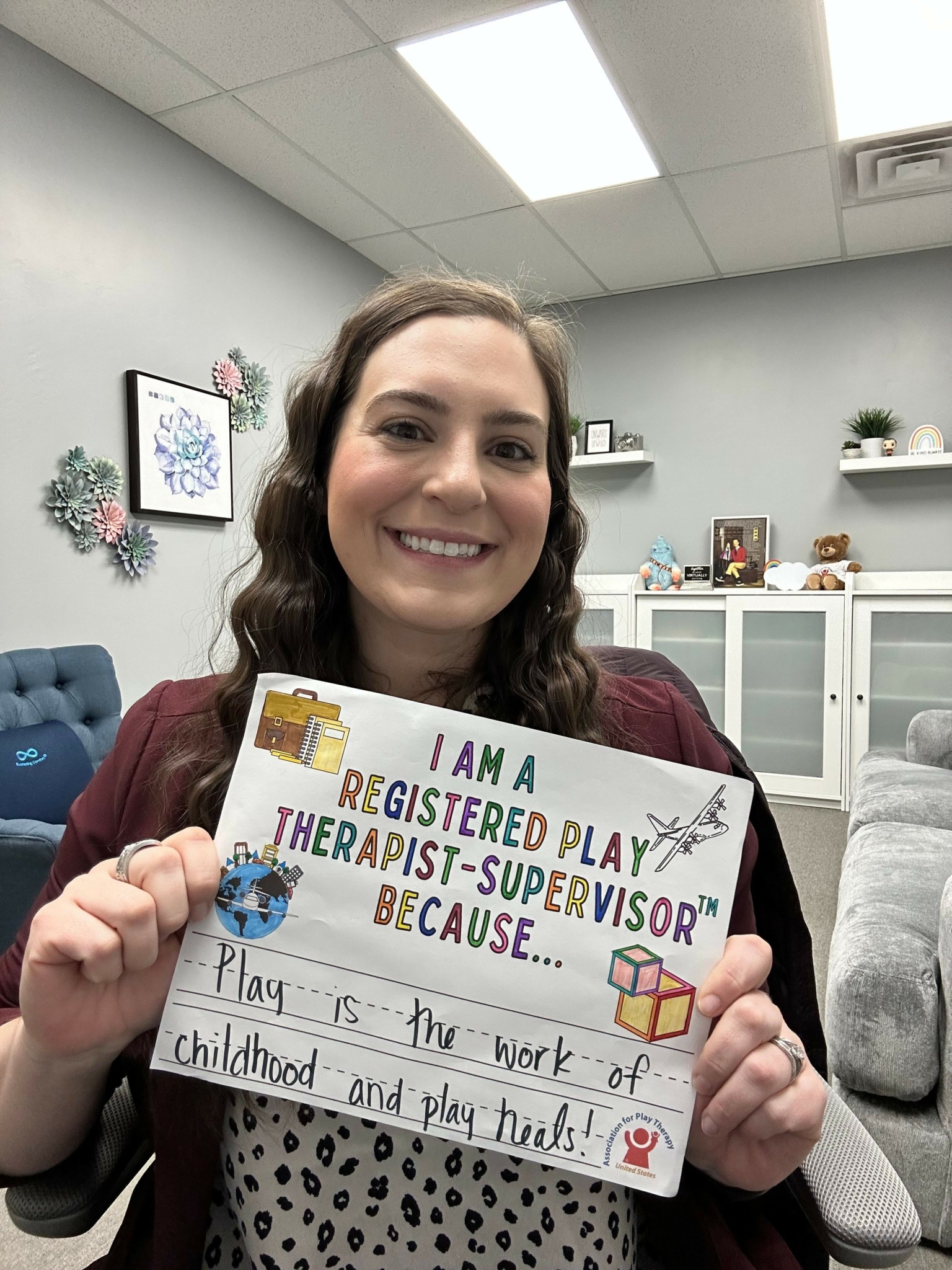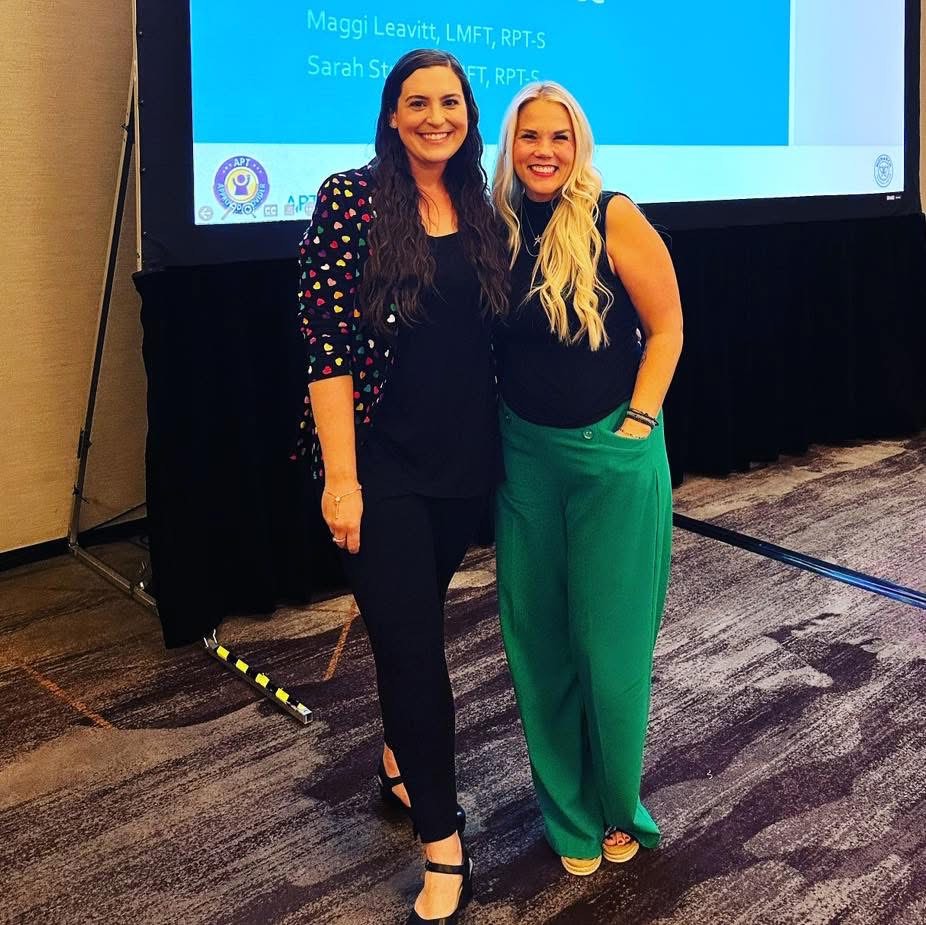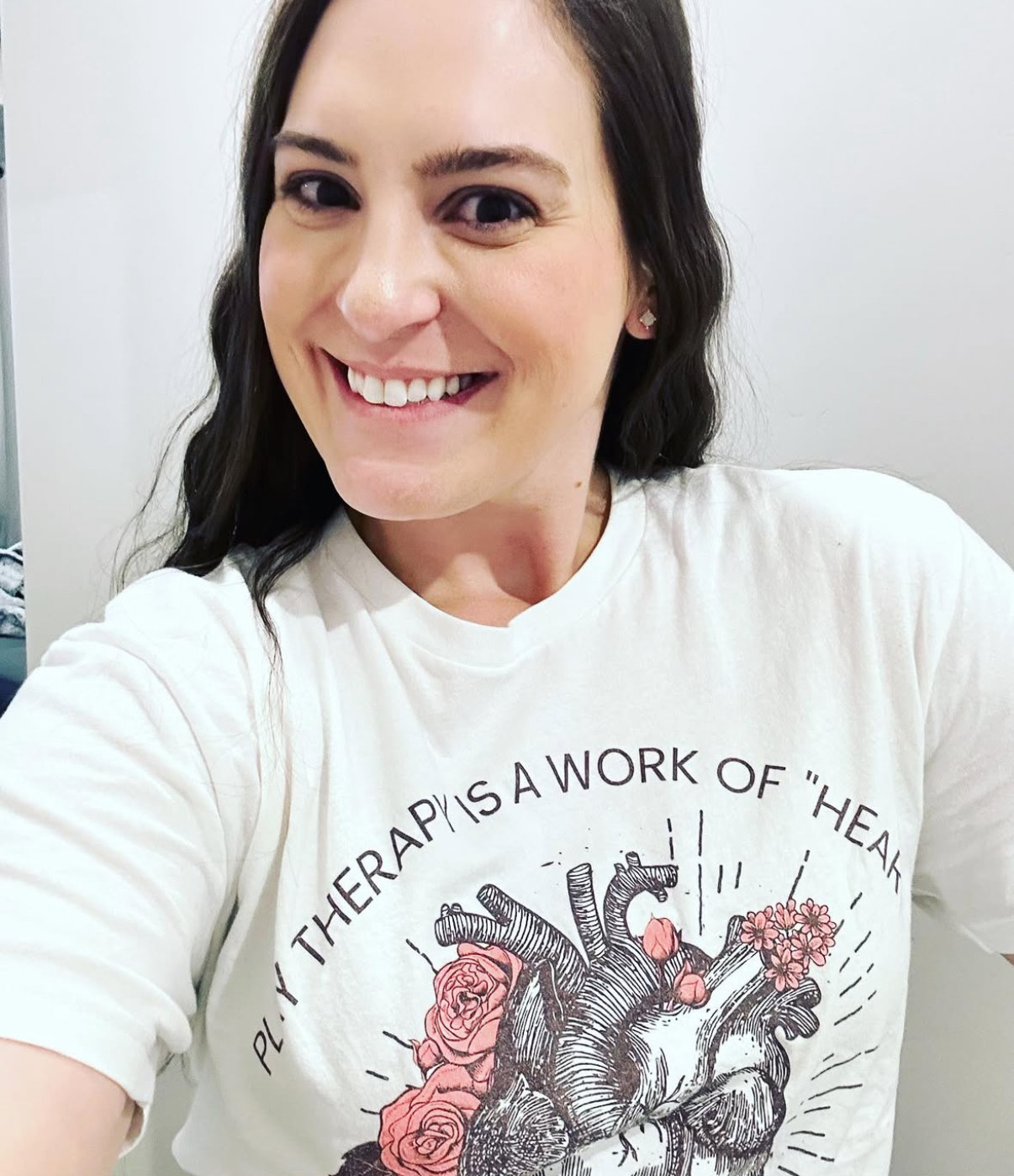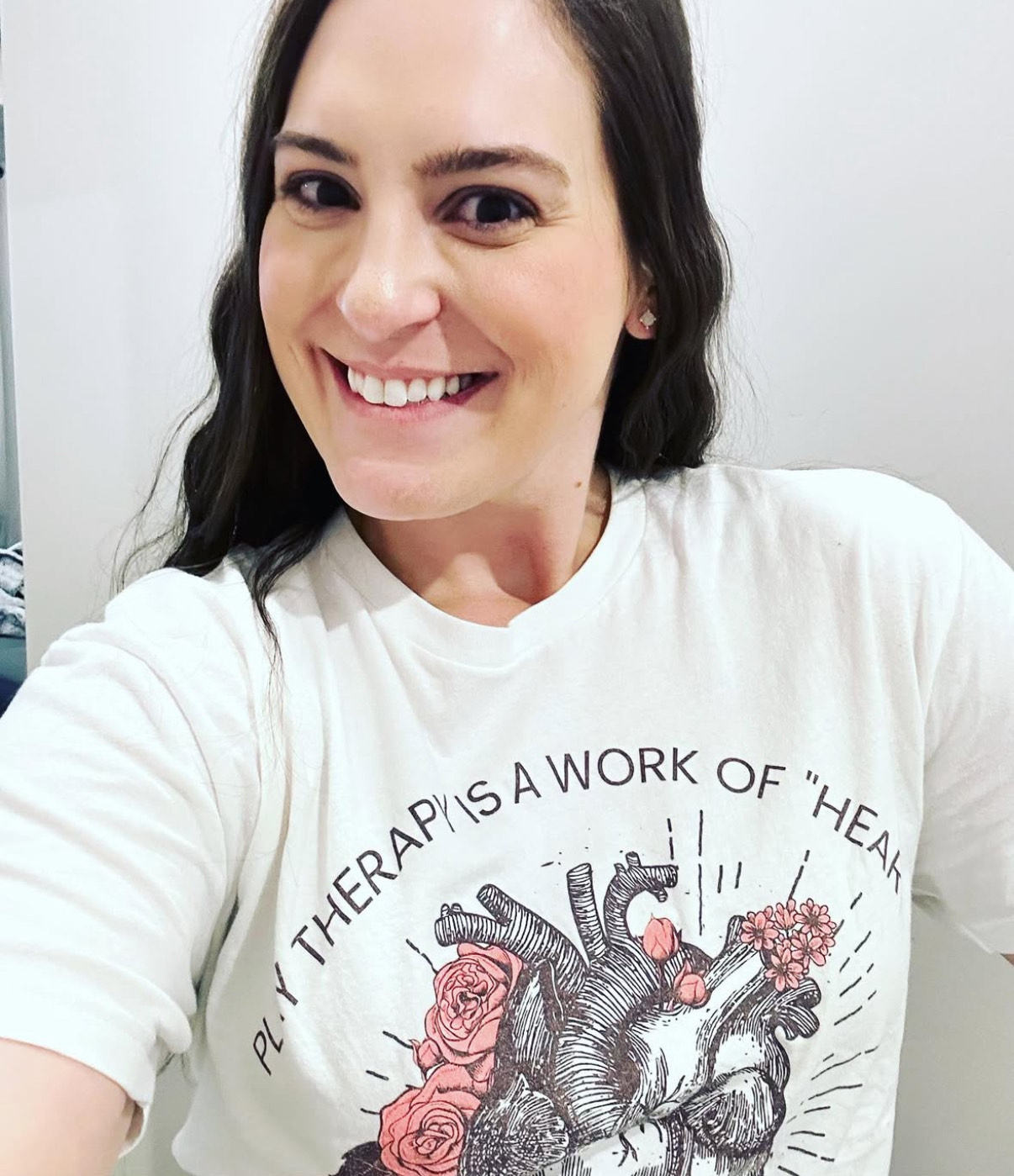We were lucky to catch up with Sarah Stroup recently and have shared our conversation below.
Hi Sarah, thanks for joining us today. Let’s go back in time to when you were an intern or apprentice – what’s an interesting story you can share from that stage of your career?
In the spring of 2015, while working as an associate marriage and family therapist, I faced the imminent loss of my grandfather to cancer. He was a remarkable man, a loving patriarch who had immigrated to the United States and achieved the quintessential American dream through his entrepreneurial spirit. Growing up, their home, just down the street, became a second home to me, a sanctuary from my own turbulent home environment. It was my grandfather who instilled in me the values of hard work, unconditional love, and entrepreneurship, shaping the very foundation of who I am today.
Earlier that year, I found myself confiding in my supervisor, tears streaming, about my grandfather’s declining health. As the only family member residing in the same state, I had become his primary caregiver. Anyone who has navigated the demanding role of caring for a terminally ill loved one understands the sheer magnitude of the responsibility. I was overwhelmed by guilt and concern for my clients, struggling to maintain appointments, questioning my ability to meet the company’s standards, and fearing I was failing everyone. My supervisor’s response, however, was transformative. With a simple, direct phrase, she said, “Sarah, this is just a job.”
That seemingly straightforward statement resonated deeply. It provided the clarity I desperately needed. While I cherished my career, enjoyed my work, and deeply cared for my clients, I had lost sight of the broader perspective. I felt a wave of relief as I granted myself permission to fulfill my professional obligations to the best of my ability, while acknowledging the limitations imposed by my role as my grandfather’s caregiver—a role that I felt a profound honor to fulfill.
Today, as the owner of a thriving group practice offering mental health services across multiple locations, I carry that lesson with me. I strive to cultivate a culture where employees can be passionate about their work while recognizing that, ultimately, it is still just a job. I want to support them in prioritizing family, self-care, and the well-being of their loved ones. I want them to release the burden of guilt and the fear of inadequacy at work, understanding that when we nurture ourselves, we take care of ourselves, we can take better care of others.
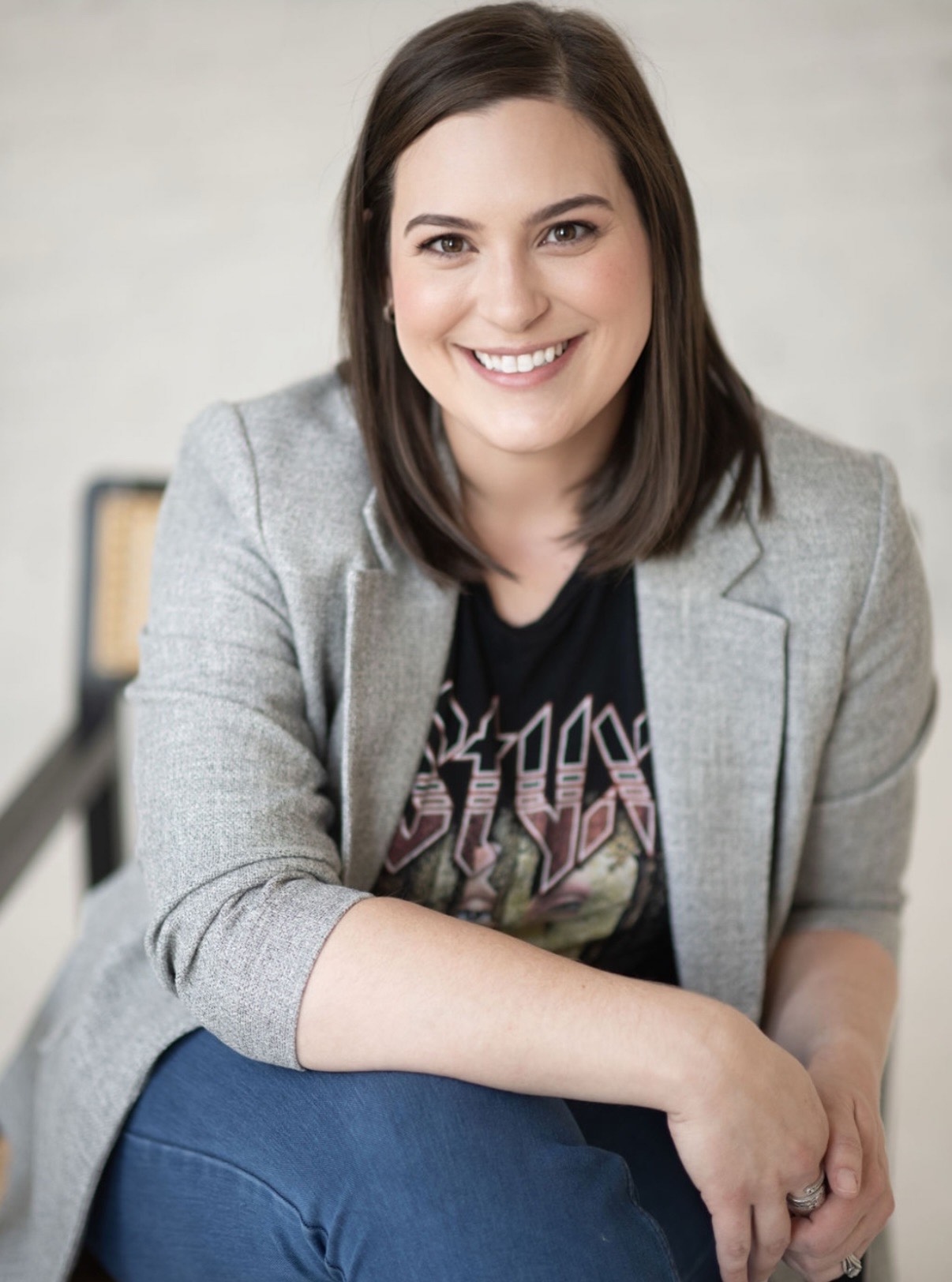
Sarah, love having you share your insights with us. Before we ask you more questions, maybe you can take a moment to introduce yourself to our readers who might have missed our earlier conversations?
My journey into marriage and family therapy began in 2010, at a substance abuse program for women and their children. As a behavioral health technician, I witnessed firsthand the devastating impact of addiction across generations. While I provided support, I felt a deep sense of frustration at the systemic gaps in care. It wasn’t enough to treat individuals; we needed to address the root causes within the family structure to truly break the cycle. This sparked a profound shift in my perspective, fueling my long-held fascination with family dynamics and what fosters genuine health within those systems.
Driven by this realization, I pursued a Master’s degree in Marriage and Family Therapy. Upon licensure, I recognized a critical need in my own community—a lack of accessible mental health services. This wasn’t just a business opportunity; it was a calling. I opened my practice to bridge that gap, and then continued to expand into other underserved areas.
Beyond the therapy room, I believe deeply in community engagement. Mental health professionals have a responsibility to serve beyond the confines of our offices. This belief has led me to actively participate in community initiatives, advocating for mental wellness and fostering a culture of support. But my advocacy doesn’t stop there. I’m also deeply involved in legislative work at the state level, striving to enact policies that improve access to mental health care and promote systemic change.
I’m not just a therapist; I’m a community advocate, a systemic thinker, a catalyst for generational healing, and a dedicated mental health champion working to shape the future of care. This commitment to community has become a cornerstone of my work.
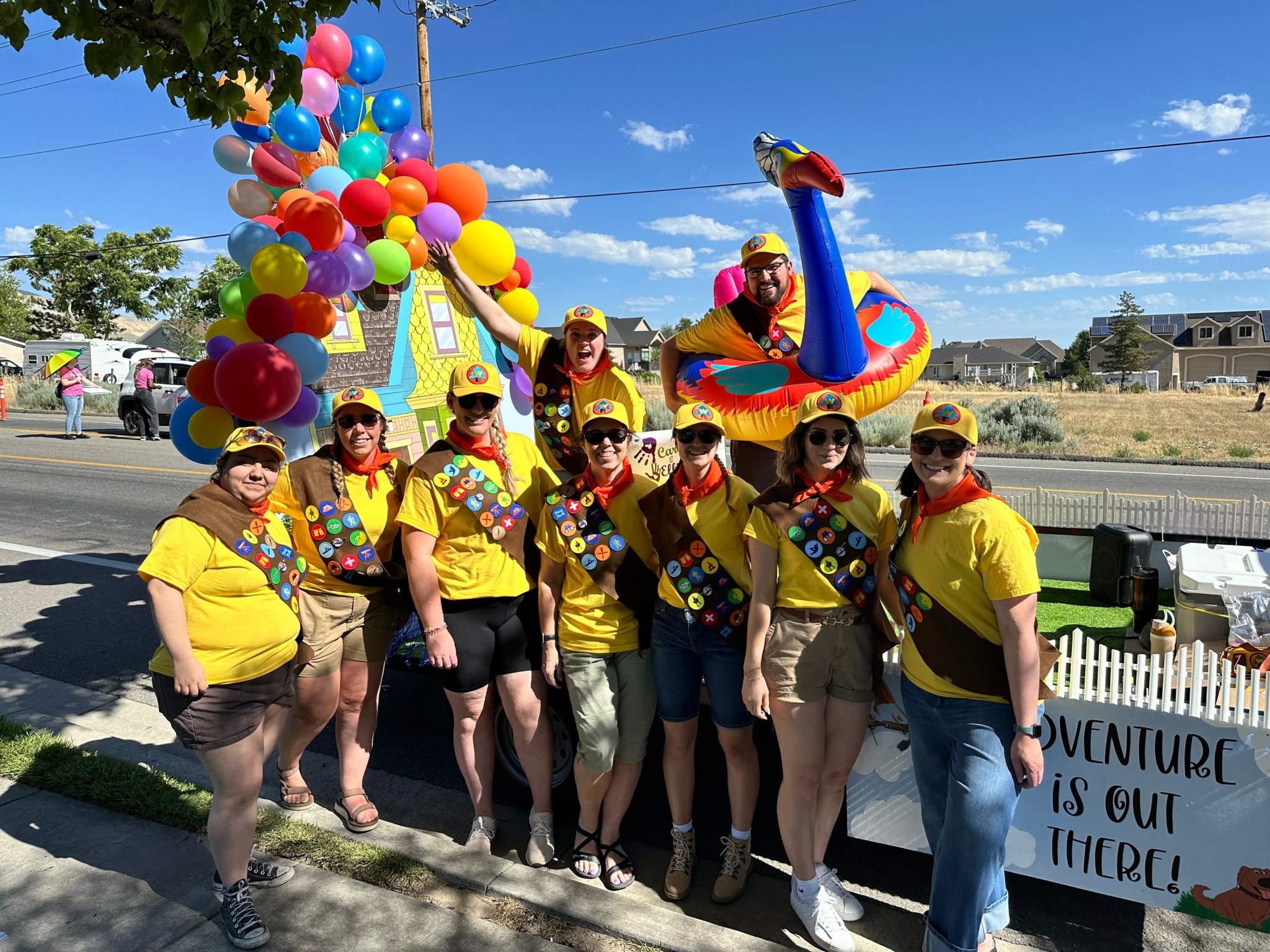
Can you tell us about a time you’ve had to pivot?
2020 demanded an immediate and profound transformation of therapy practice. Telehealth, previously a peripheral option, became the lifeline for client care. What followed was a testament to the resilience and collaborative spirit of therapists. We swiftly adapted, navigating the complexities of HIPAA-compliant video conferencing and reimagining therapeutic interventions for a digital space. This transformation occurred amidst personal and professional strain, and as a business owner, I felt the weight of ensuring my team’s stability. In the midst of this turbulent time, online communities emerged, fostering a national network of support. Therapists generously shared knowledge, from practical platform advice to innovative techniques for engaging young clients. This collective response to adversity was a powerful demonstration of our industry’s capacity for unity and compassion.
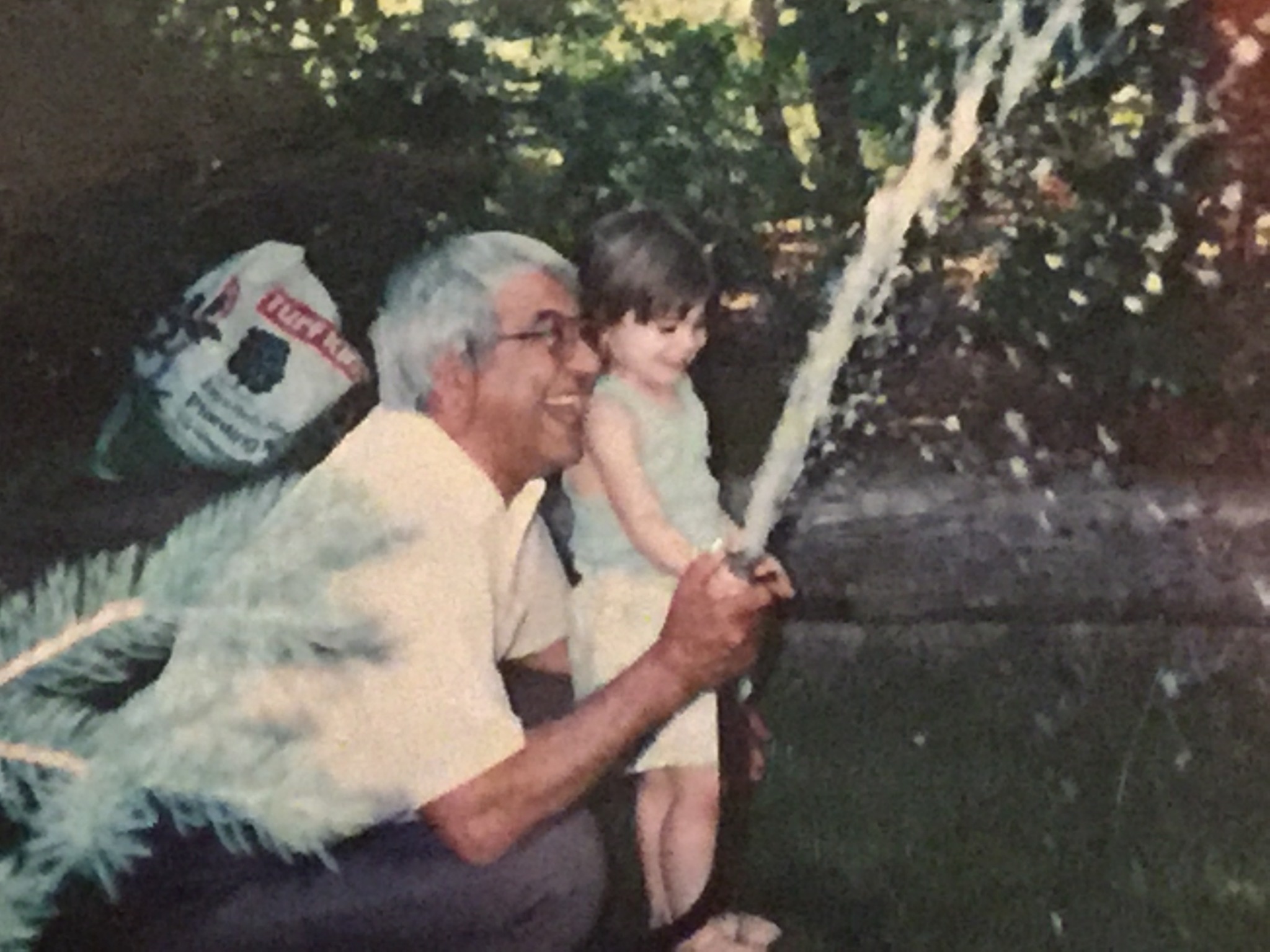
Training and knowledge matter of course, but beyond that what do you think matters most in terms of succeeding in your field?
Beyond the formal training and knowledge, I believe the most crucial element for success in therapy is a deep and abiding humility. While I may hold expertise in therapeutic modalities, I recognize that my clients are the true experts on their own lives. My role is not to dictate or solve, but to walk alongside them with empathy and respect. It’s an immense honor to witness their courage and resilience as they navigate their unique journeys. Ultimately, success comes from fostering a collaborative space where the client feels empowered to discover their own strength and wisdom. It’s about remembering that I am a guide, not a director, and that the client’s lived experience is the most valuable resource in the room. In essence, I see my role as that of a collaborative leader; one who facilitates growth and exploration, rather than imposing solutions. We work together, drawing on both my professional knowledge and their personal insights, to create a path that is uniquely tailored to their needs and aspirations.
As a business owner, I take a similar approach. I believe the most critical elements for success as a business owner are a collaborative leadership style, unwavering open-mindedness, and a deep commitment to continuous learning through feedback. I see my role as facilitating a shared vision and empowering my team. It’s about recognizing that everyone brings unique perspectives and expertise to the table. We achieve far more by working together, fostering a culture of collaboration, and valuing diverse viewpoints. I always remind the team that my current methods are simply the best I’ve discovered so far. I’m absolutely open to, and in fact, actively seek, any and all suggestions for improvement. If you see a better way, please bring it forward.it. I might be the expert on my business, but my employees’ lived experiences are invaluable.
Contact Info:
- Website: https://www.monarchfamilycounseling.com
- Instagram: @sarahstrouplmft
- Facebook: https://www.facebook.com/monarchfamilycounseling/
- Linkedin: https://www.linkedin.com/in/sarah-stroup-609b71a4/
